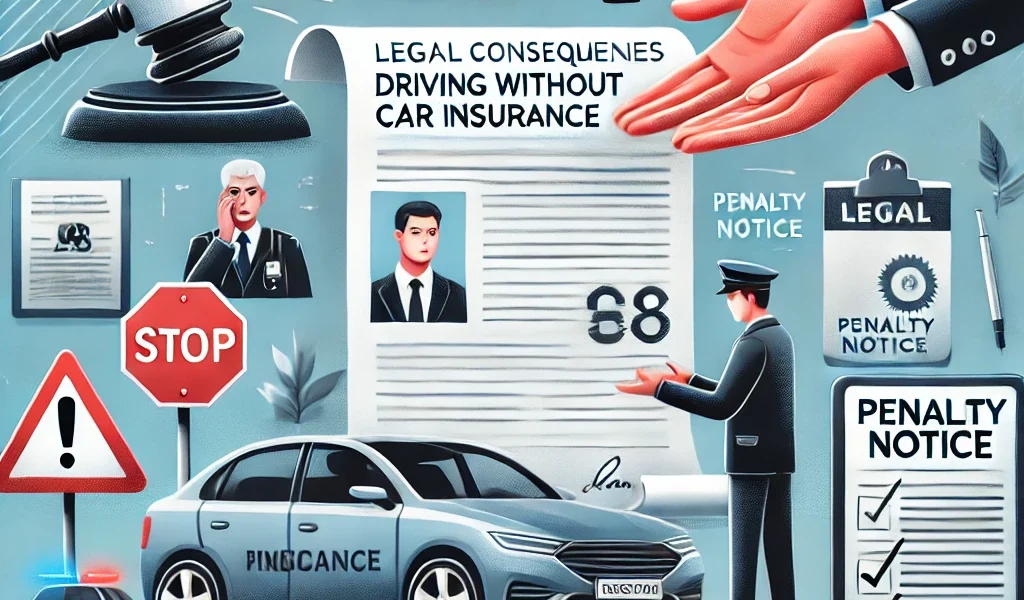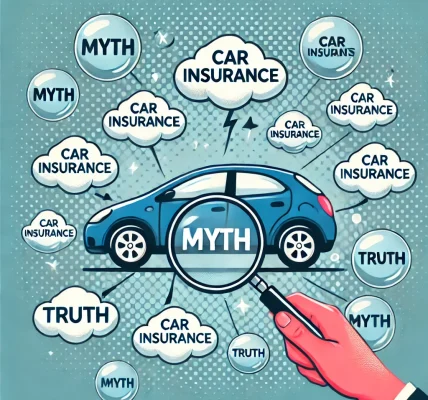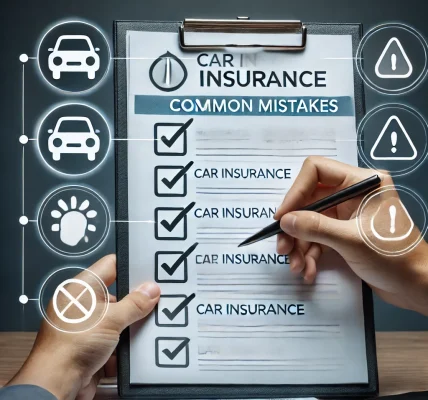Car insurance is not just an optional financial safeguard; in most places, it is a legal requirement. Yet, some drivers take the risk of operating a vehicle without proper insurance coverage, often underestimating the potential consequences. If you are wondering what could happen if you drive without car insurance, this article will break down the legal, financial, and personal risks associated with such a decision.
Legal Consequences of Driving Without Insurance
1. Fines and Penalties
One of the most immediate consequences of driving without car insurance is being fined. The exact amount varies by state or country, but fines can range from a few hundred to several thousand dollars. Some jurisdictions impose additional fees that can make the financial burden even heavier.
2. License Suspension
In many places, if you are caught driving without insurance, your driver’s license may be suspended. Depending on the severity of the offense and whether it is a repeat violation, reinstating your license may require additional fees, proof of insurance, and sometimes even mandatory driving courses.
3. Vehicle Impoundment
Law enforcement officials may seize and impound your vehicle if you are found to be driving without valid insurance. To retrieve your vehicle, you will likely need to provide proof of insurance and pay towing and impoundment fees, which can be costly.
4. Possible Jail Time
While not as common, some states or countries impose jail time for repeat offenders who continuously drive without insurance. The sentence length varies, but even short-term imprisonment can have long-lasting consequences on your personal and professional life.
5. Points on Driving Record
Driving without insurance often results in penalty points being added to your driving record. Accumulating too many points can lead to higher insurance premiums, additional fines, and even the suspension of your license.
Financial Consequences of Driving Without Insurance
1. Liability for Damages in an Accident
If you are involved in an accident while driving uninsured, you will be personally responsible for covering the damages. This includes vehicle repairs, property damage, and medical expenses for other parties involved in the accident. The costs can be overwhelming, leading to financial ruin in severe cases.
2. Higher Insurance Premiums in the Future
Once you have a record of driving without insurance, future insurance providers may classify you as a high-risk driver. This classification often results in significantly higher premiums when you finally decide to purchase coverage.
3. Civil Lawsuits
If you cause an accident and cannot pay for the damages out of pocket, the affected party may file a lawsuit against you. Legal fees, settlement costs, and potential wage garnishment can have a severe impact on your financial stability.
Other Risks of Driving Without Insurance
1. Inability to Register or Renew Vehicle Registration
In many jurisdictions, proof of insurance is required to register or renew a vehicle’s registration. Without insurance, you may face difficulties in legally operating your vehicle.
2. Denial of Medical Coverage
If you are injured in an accident while driving uninsured, your medical expenses may not be covered. Without insurance, you may have to pay for medical bills out of pocket, which can be financially devastating.
3. Difficulty in Obtaining Insurance Later
Insurance companies may be reluctant to offer coverage to drivers with a history of operating a vehicle without insurance. If they do offer coverage, it will likely be at a much higher rate due to your perceived risk level.
How to Avoid These Consequences
1. Purchase Minimum Required Coverage
Each state or country has its minimum car insurance requirements. Ensuring that you meet at least these minimum coverage levels will help you avoid legal troubles.
2. Look for Affordable Insurance Options
If cost is a concern, research affordable insurance options, discounts, and payment plans to find a policy that fits within your budget.
3. Consider Usage-Based Insurance
Some insurers offer usage-based or pay-per-mile insurance plans, which can be more cost-effective for individuals who do not drive frequently.
4. Keep Your Policy Active
Always make timely payments to keep your insurance policy active and prevent lapses in coverage. Set up automatic payments or reminders to ensure that your policy remains in good standing.
5. Explore Government or Low-Income Assistance Programs
Some states offer government-backed car insurance programs for low-income drivers. If you are struggling financially, check if you qualify for such programs.
Final Thoughts
Driving without car insurance is a serious risk that can lead to significant legal, financial, and personal consequences. Whether it’s hefty fines, vehicle impoundment, or financial liability for an accident, the potential costs far outweigh the expense of obtaining coverage.
To stay protected, make sure you have at least the minimum required insurance in your region. If affordability is a concern, explore budget-friendly options and discounts. Being insured not only protects you from legal trouble but also provides peace of mind in case of an unexpected accident.


